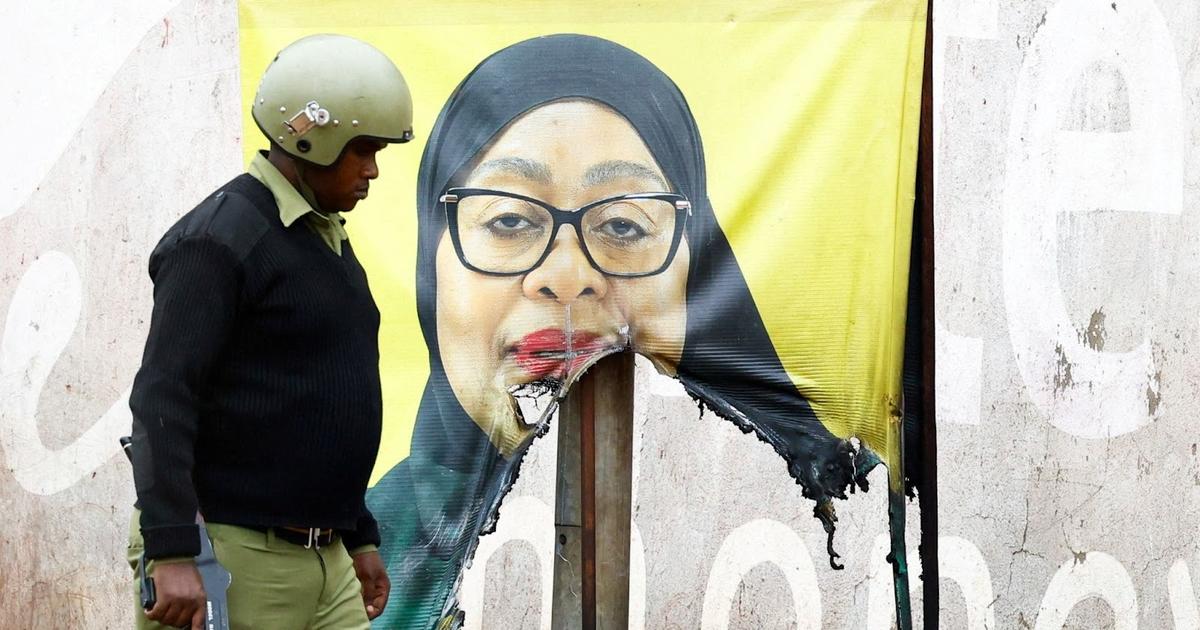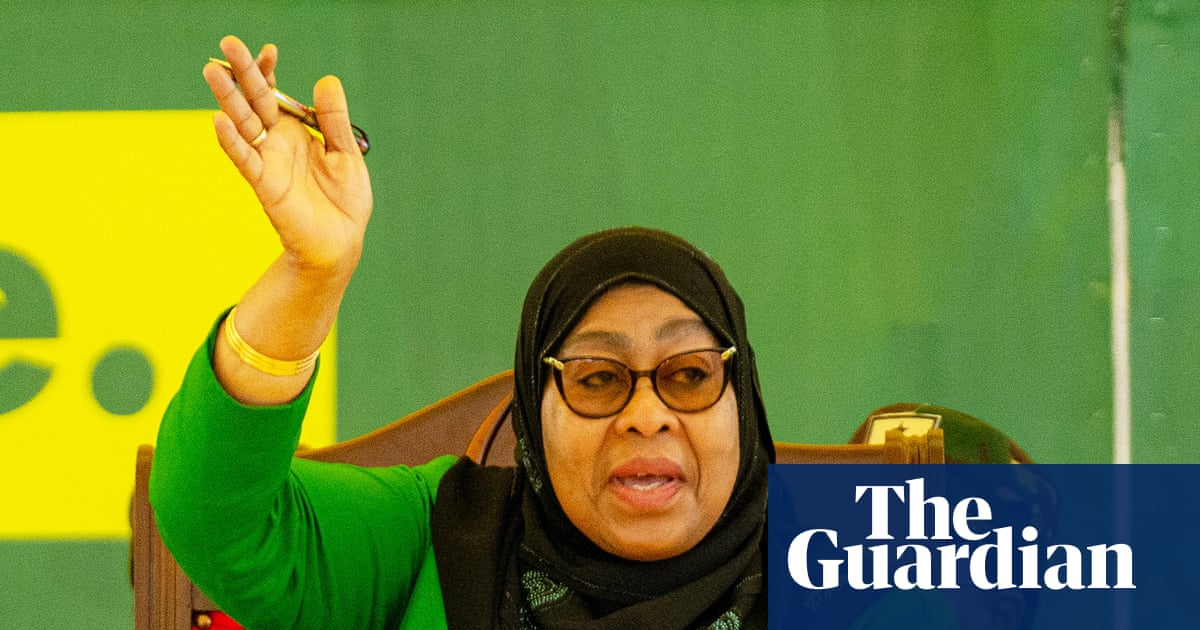Disputed Tanzania Election Sparks Nationwide Protests, Deaths, and Military Crackdown
Tanzania faces widespread protests and military deployment after a disputed election, with opposition alleging fraud, leading to at least two deaths, an internet shutdown, and international condemnation.
Subscribe to unlock this story
We really don't like cutting you off, but you've reached your monthly limit. At just $5/month, subscriptions are how we keep this project going. Start your free 7-day trial today!
Get StartedHave an account? Sign in
Overview
- Tanzania's election faced pre-existing concerns due to the disqualification of key opposition candidates, which significantly weakened their presence and raised questions about democratic fairness.
- Post-election, widespread protests erupted for a third day across Tanzania, including Dar-es-Salaam and Zanzibar, driven by opposition allegations of massive electoral fraud.
- The government responded by deploying the military, enforcing an internet shutdown, and using force, resulting in clashes, property damage, and at least two reported deaths.
- Despite the unrest, the ruling party CCM secured victory, with President Hussein Mwinyi winning in Zanzibar, drawing condemnation from local and international rights groups.
- Protests have spread nationwide, leading to delayed college reopenings and the army chief pledging military cooperation to address the ongoing violence and instability.
Report issue

Read both sides in 5 minutes each day
Analysis
Center-leaning sources frame this story by consistently highlighting the questionable legitimacy of the Tanzanian elections. They emphasize government actions that suppress opposition and dissent, such as internet shutdowns, curfews, and the barring of opposition leaders. This collective editorial choice casts a critical light on President Suluhu's expected victory, focusing on the erosion of democratic processes.
Articles (8)
Center (3)
FAQ
Key opposition candidates were either barred from standing in the election or jailed, with the strongest challenger facing treason charges and potentially the death penalty, which significantly weakened the opposition's presence and raised concerns about the election's fairness.
The government responded by deploying the military, enforcing an internet shutdown, imposing an evening curfew in Dar es Salaam, and using force against protesters, resulting in clashes, property damage, and at least two reported deaths.
Election observers from the African Union and the East African Community were present during the election, but their preliminary findings and assessments were awaited as the situation unfolded, with international rights groups condemning the government's response to the protests.
The election outcome and subsequent unrest have led to delayed college reopenings, widespread protests, and ongoing instability, with the army chief pledging military cooperation to address the violence and restore order.
Local and international rights groups have condemned the government's actions, including the use of force against protesters and the suppression of information through internet shutdowns, raising concerns about human rights and democratic integrity.
History
- 5d

 4 articles
4 articles





